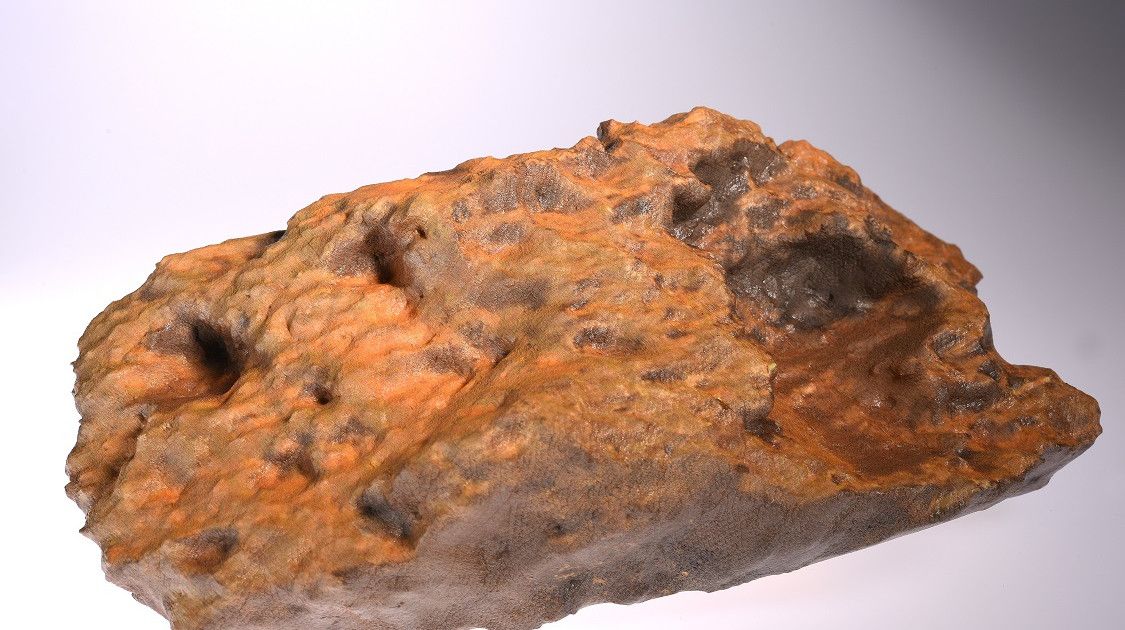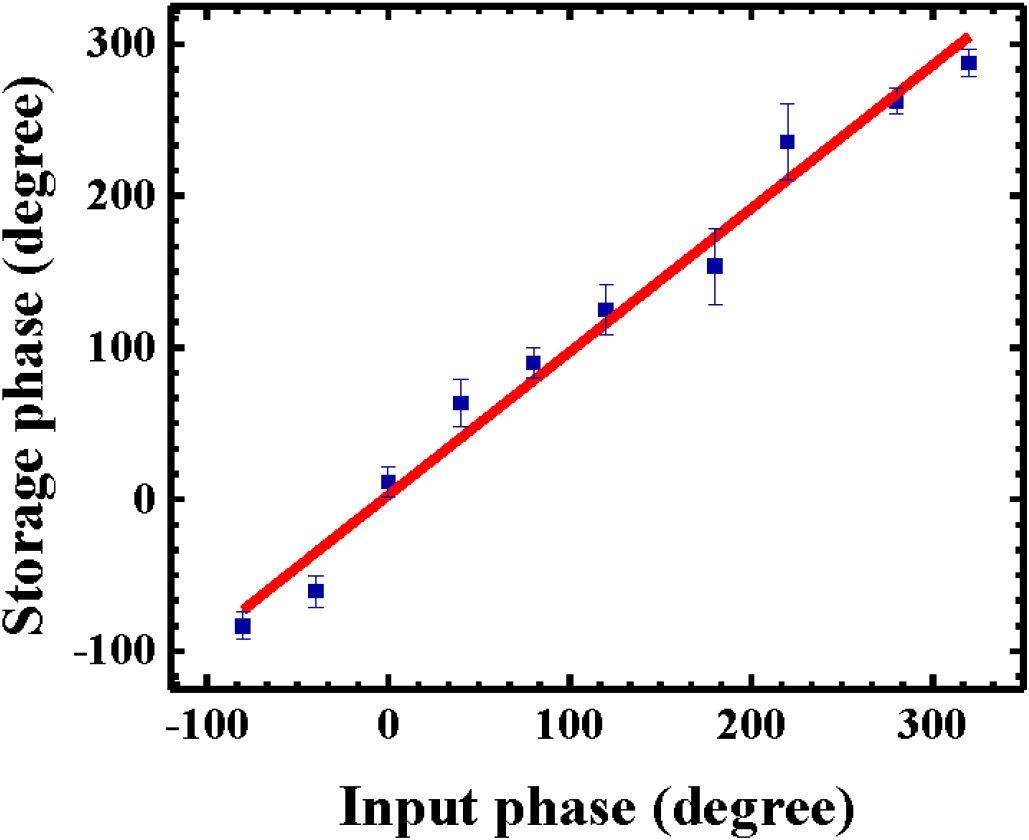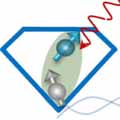Sep 27, 2016
Researchers May Have Found A Possible Cure For Crohn’s Disease
Posted by Shane Hinshaw in categories: biotech/medical, genetics, health
Crohn’s Disease is a legendarily difficult disease to not only identify but to treat or cure. The disease affects the intestines and digestive tract, stemming from bacteria in those areas building up and leading to serious side effects. It affects more than half a million people in the United States and is brutal – with the possibility of diarrhea, weight loss, fatigue, ulcers, malnutrition, and eventually colon cancer, liver disease or osteoporosis.
Treatment is limited, with the current best options being medicine to limit inflammation and prevent symptoms. There is no complete cure, only efforts to make life as comfortable and normal as possible for those afflicted. Without a specific target at which to aim some sort of treatment, the options for permanently reducing or removing symptoms and health risks are few and far between. Before now, the only thing scientists thought they knew about the disease’s cause was that E Coli was involved.
However, recent studies have led researches to believe that they have narrowed down other bacteria that contributes to the onset and ongoing symptoms of Crohn’s. Experts at the Center for Medical Mycology at Case Western Reserve and University Hospitals Cleveland Medical Center (wow, is that a mouthful!) think they have pinpointed two additional bacterial strains that contribute to the disease. They studied a cross section of people – those with the disease, those with the disease whose family members did not have it, and those without it – to attempt to identify common details in their biological tests. Such a diverse group of subjects is required not only due to the importance of adhering to the scientific method but because Crohn’s can be caused by genetics and environmental factors.


















